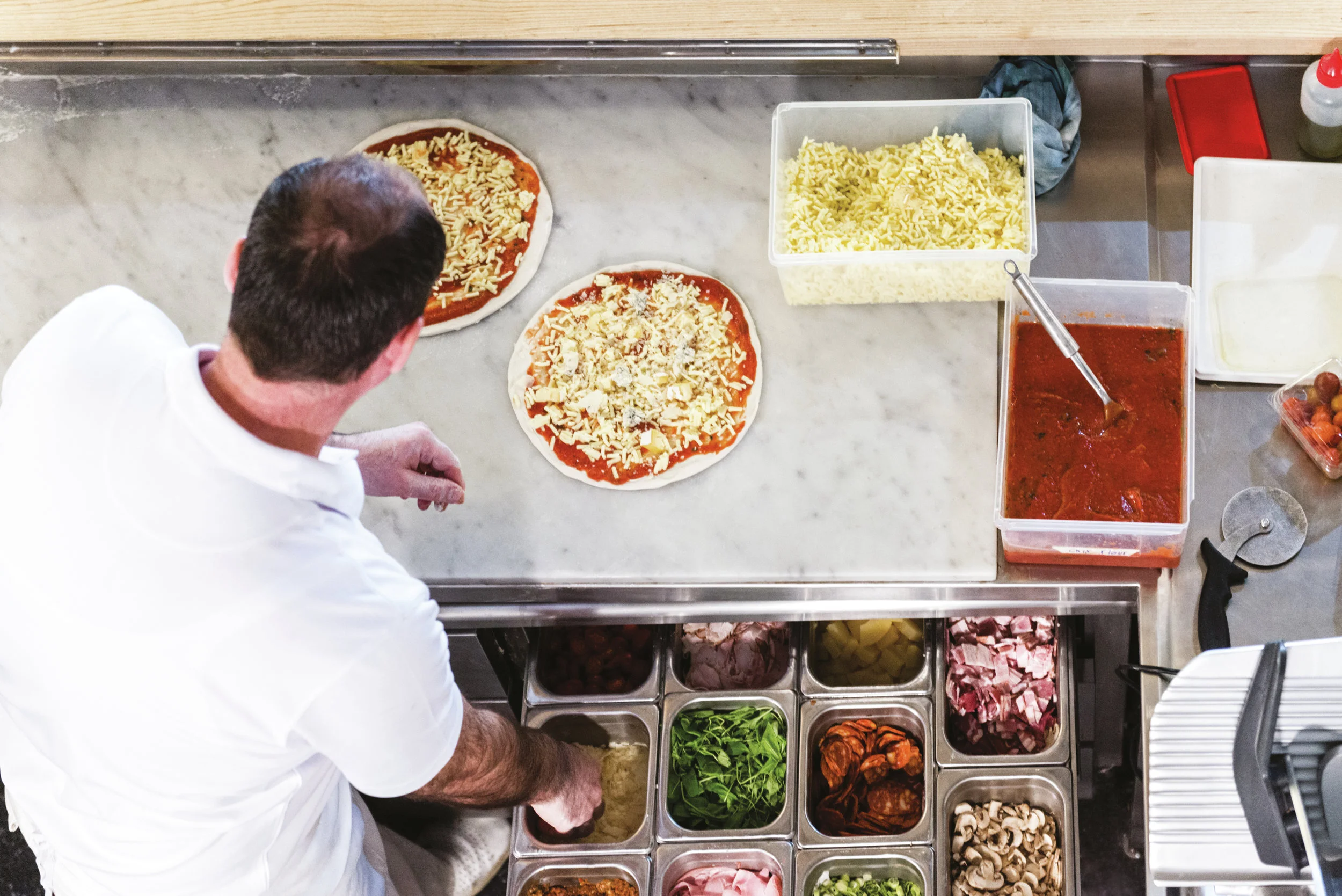Trends
Understanding Gen-Z And Millennials
KNOW YOUR MARKET is always sound advice, but given the pace at which dining habits are continuing to evolve due to the influence of technological change, it can be hard to keep abreast of what’s trending and why.
To gain clearer insight, foodservice market research is seeking to understand what the key influencers are on the dining-out decisions of Millennials – those people who attained adulthood in the beginning of this century – and the following generation whom pundits have dubbed Gen-Z.
The findings of such research typically reflect or anticipate emerging marketplace trends. For example, 42 per cent of Gen-Zs surveyed in Technomic’s College and University Consumer Trend Report say they want street food on the menu – as evidenced by the growing popularity of this cuisine style.
The same report found 23 per cent prefer to build a menu out of entrees and snack items – think tapas menus rather than traditional centre of plate main meals. This trend towards sharing menus is good news for Ignite readers – with pizza the perfect choice for communal dining.
Perhaps surprisingly, chicken was the preferred protein for 46 per cent of Gen-Zers – joined by burgers and again, pizza to make up the top three food choices.
For both Gen-Z and the older Millennials, organic food, sustainability and locally sourced produce are also key attractions when dining out. Dessert is also a high priority on millennials’ menu wishlist – a good argument for adding dessert pizzas to your offering, if you don’t have them already!
Innovation
How Analytics Can Help Your Business
WHAT ARE ANALYTICS and how can they help you? Simply put, analytics is the process of analysing data or statistics and the information obtained as a result.
This used to require hiring experts to gather the data and trawl through to analyse the information and prepare reports – a process well beyond the scope of most small to medium sized foodservice operations. But nowadays so much data is readily available, thanks to the information recorded in your POS systems, on customer posts to your Facebook page, and on online review and order platforms (to name just three sources) that there’s a wealth of useful information at your fingertips.
Combine this data and it can tell you a lot about your customers’ tastes, habits and what’s popular on your menu. Specialised software, marketed under such terms as data analysis, data visualization and business intelligence, is being used by smart restaurateurs and foodservice operators to provide valuable insights on everything from which drinks customers order most frequently to accompany certain meals, to which dishes are top sellers vs which are slow movers. Analytics can also help optimise your staffing – by identifying which staffers are best at upselling, and which are slacking on the job.
The data can also show you your business times of day, busiest days of the week and most popular meals at different times – helping you not only to identify but anticipate trends and respond proactively. While accessing analytics will require an upfront investment, it’s one that will likely pay for itself in short order.
Advice
Presentation And Hygiene Go hand In Hand
First impressions count
Clean and tidy table settings, unblemished cutlery, clean flooring and carpets and dust-free surfaces all play a part in putting your customers at ease and reassuring them that their comfort is your priority.
Don’t Overlook Your Washrooms
Your business may look clean, tidy, enticing and atmospheric but all that good work can be easily let down if your washrooms are not up to scratch. The condition of your washrooms tells your customers how important hygiene is on your priority list so it’s imperative to keep them sparkling clean, well lit and stocked with soap and hand drying facilities.
Keep your food prep areas clean
This is especially important in pizza businesses where the food preparation area is often visible to your customers. Make sure your prep surfaces are kept clean and wiped down, using colour-coded cloths to protect against cross-contamination.







